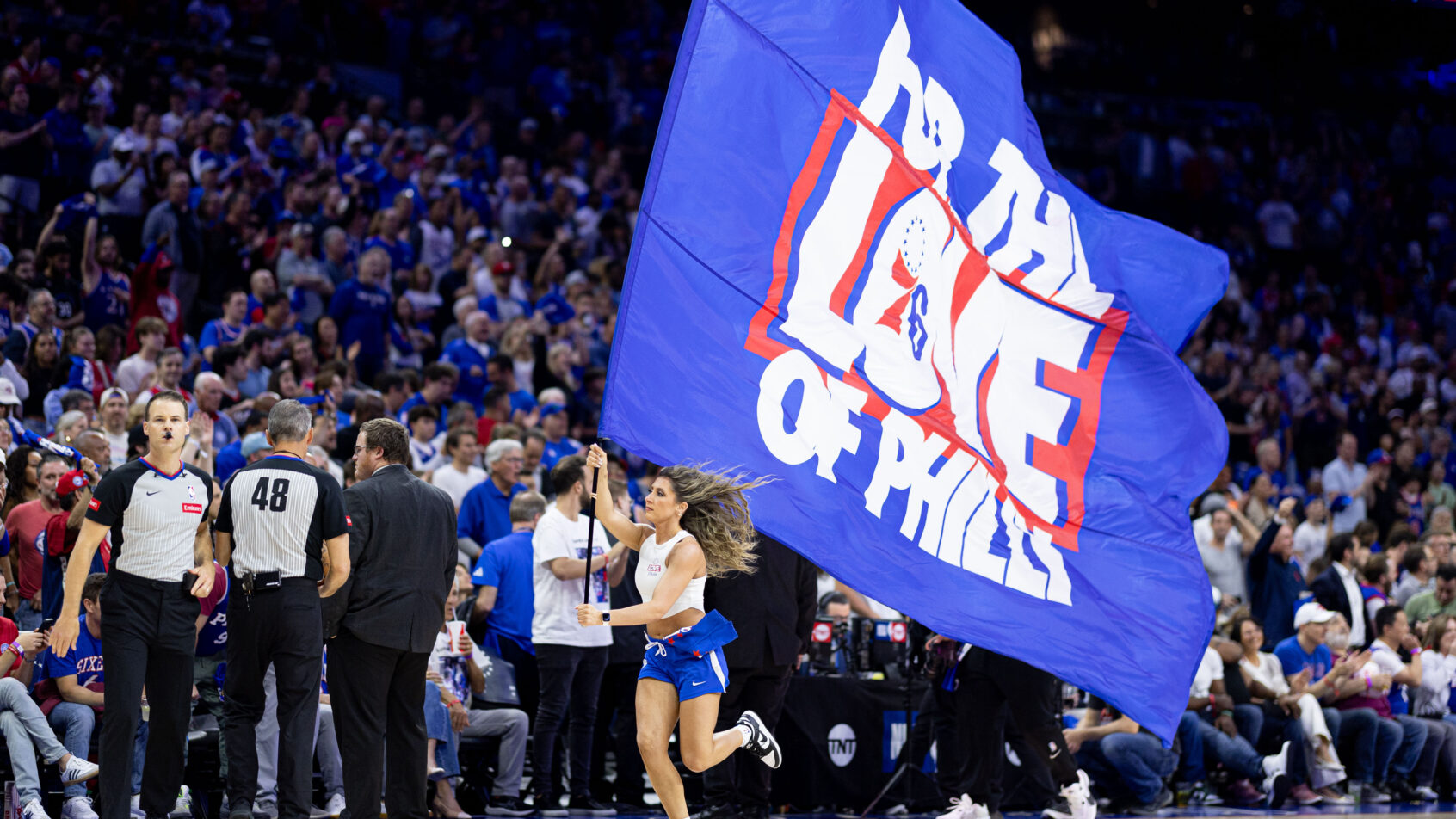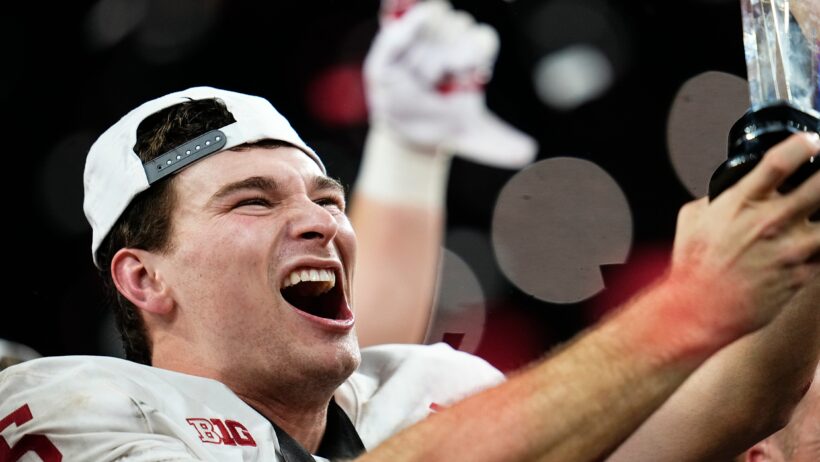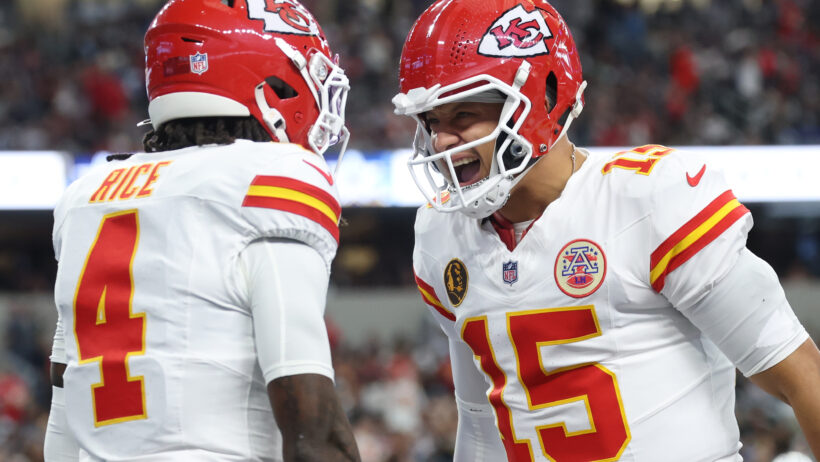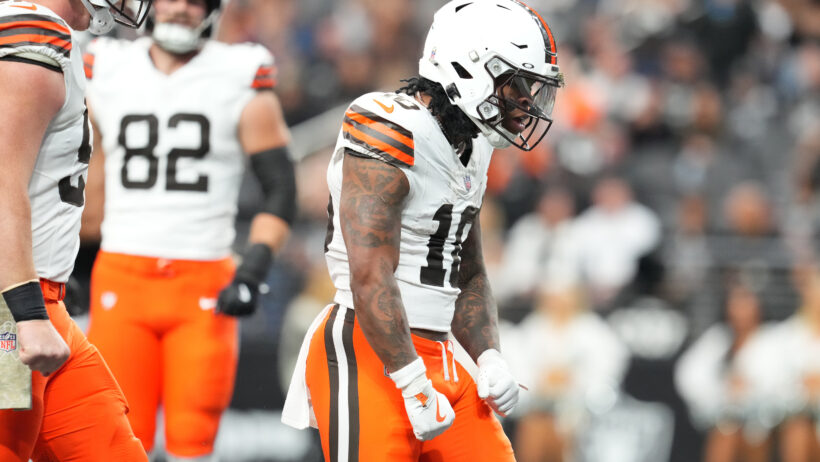Top Pennsylvania Gaming Regulator Warns Legislators of Prediction Market Threat
By Robert Linnehan in Sports Betting News
Published:

- Executive Director of Pennsylvania Gaming Control Board warned Pennsylvania legislators of “significant threat” regarding event contracts
- Director Kevin F. O’Toole claims sports event contracts create a “backdoor to legalized sports betting”
- O’Toole criticized the lack of regulatory oversight for sports event contracts
Pennsylvania’s top gaming regulator is officially warning state legislators about the “significant threat” sports event contracts pose to the Keystone State’s legal and regulated sports betting market.
Pennsylvania Gaming Control Board Executive Director Kevin F. O’Toole wrote a letter of his concerns over sports event contracts and their effect on Pennsylvania’s sports betting market to two U.S. Senators and 17 members of Congress.
“Sports prediction markets operate under the assertion that they are financial derivatives, or swaps, and therefore claim to not be gambling under state law,” O’Toole wrote in the letter. “These markets effectively create a backdoor to legalized sports betting, operating parallel to, but outside of, the state-regulated system, and without strict oversight.”
Limited Regulations, No Ability to Keep Operators in Check
O’Toole noted the success of the commonwealth’s legalized sports betting market lies in its strict regulations, which have historically been a matter left to individual states. Prediction market companies, such as Kalshi and Robinhood, self-certify their own markets, which O’Toole wrote undermines Pennsylvania Gaming Control Board authority.
“This strategy employed by prediction market operators appears to be one of regulatory arbitrage. State-regulated sports betting operators in Pennsylvania face significant requirements, including thorough background investigations, licensing fees, state taxation on gross gaming revenue for the benefit of the Commonwealth’s citizens, and mandatory compliance with detailed rules providing consumer protections, responsible gaming provisions, and integrity monitoring,” he wrote.
Prediction market operators effectively side-step these regulations, creating an uneven playing field where prediction markets can gain a competitive advantage by exploiting this “loophole” between federal financial regulations and state law.
Prediction markets are regulated by the Commodity Futures Trading Commission (CFTC), which O’Toole warns lack the regulatory system and oversight that a state body such as the Pennsylvania Gaming Control Board can provide to ensure consumer protections and prohibit market manipulation.
“These markets effectively create a backdoor to legalized sports betting operating parallel to, but outside of, the state-regulated system, and without strict oversight,” he wrote.
Most importantly, the gaming control board has the ability to penalize operators if they do not live up to state regulations, statutes, and requirements the operator agreed to upon application for a sports betting license. Prediction markets would not be subjected to these requirements, as they self-certify their own markets,
Lack of Consumer Protections
O’Toole noted the CFTC lacks the necessary oversight to prohibit single persons from controlling the outcomes of events being wagered on in prediction markets. The Pennsylvania Gaming Control Board would “never allow for fear of manipulation of the market and a cascading loss of confidence in the integrity of the betting system,” he wrote. ‘
The presence of a sports event prediction market will crease a parallel wagering ecosystem that bettors may assume provides the same consumer protections offered by the Pennsylvania Gaming Control Board, but do not.
The gaming control board offers the following mandated protections for all sports betting operators, O’Toole noted, which prediction market companies are not required to provide to their customers:
- The ability to place deposit and wager limits, or limits on time spent gambling
- Strict procedures to verify age and identity of a player
- Displaying clear information about the risks of gambling and providing access to problem gaming resources
What’s Next For Pennsylvania?
While O’Toole’s letter is a strong warning to some of Pennsylvania’s top legislators about the dangers of sports event contracts and prediction markets, it is neither an official mandate to prediction market companies or a cease-and-desist notice.
Any official action against prediction market companies may lead to litigation against Pennsylvania.
Kalshi and Robinhood have both been quick to levy lawsuits against state gaming regulators if they perceive their business to be under threat. Kalshi recently filed a lawsuit in federal court against the Ohio Casino Control Commission and Attorney General Dave Yost after the state sent the company a cease-and-desist notice several months ago, and more recently, warned licensed sports betting operators to not partner or engage with the company in any state.
The lawsuit, filed in the the U.S. District Court for the Southern District of Ohio, claims the Ohio Casino Control Commission and Attorney General threatened criminal penalties against Kalshi unless it shuts down event contracts in the state by late October. Additionally, Kalshi reported the Ohio Casino Control Commission sent a letter to licensed sports betting operators on Aug. 25, threatening to revoke Ohio gaming licenses for any operator who partners with Kalshi, even if the partnership occurs in other states.
These actions, Kalshi counsel wrote in the lawsuit, “threaten immediate and irreparable harm, not just to Kalshi but to its customers and commercial counterparties,” leading the company to seek a preliminary and permanent injunction from the two agencies to continue offering its prediction markets in the state.
Kalshi is currently embroiled in a lawsuit against five states for similar matters.
The lawsuits in each of the five states center around one main question: Who regulates event contracts? Companies such as Robinhood and Kalshi believe that state regulatory bodies do not have the right to intrude on the government’s “exclusive” authority to regulate prediction market, filing lawsuits in New Jersey, Nevada, and Maryland to defend its practices. These companies believe the CFTC is the only regulatory body that can legally block contracts from being offered to customers.
State gaming regulators maintain the markets need to be beholden to regulations, taxes, and license fees that sports betting and gaming operators are required to follow.
The prediction market companies believe their offerings are not required to comply with state laws, as they have been preempted by the Commodity Exchange Act.

Regulatory Writer and Editor
Robert Linnehan covers all regulatory developments in online gambling and sports betting. He specializes in U.S. sports betting news along with casino regulation news as one of the most trusted sources in the country.



